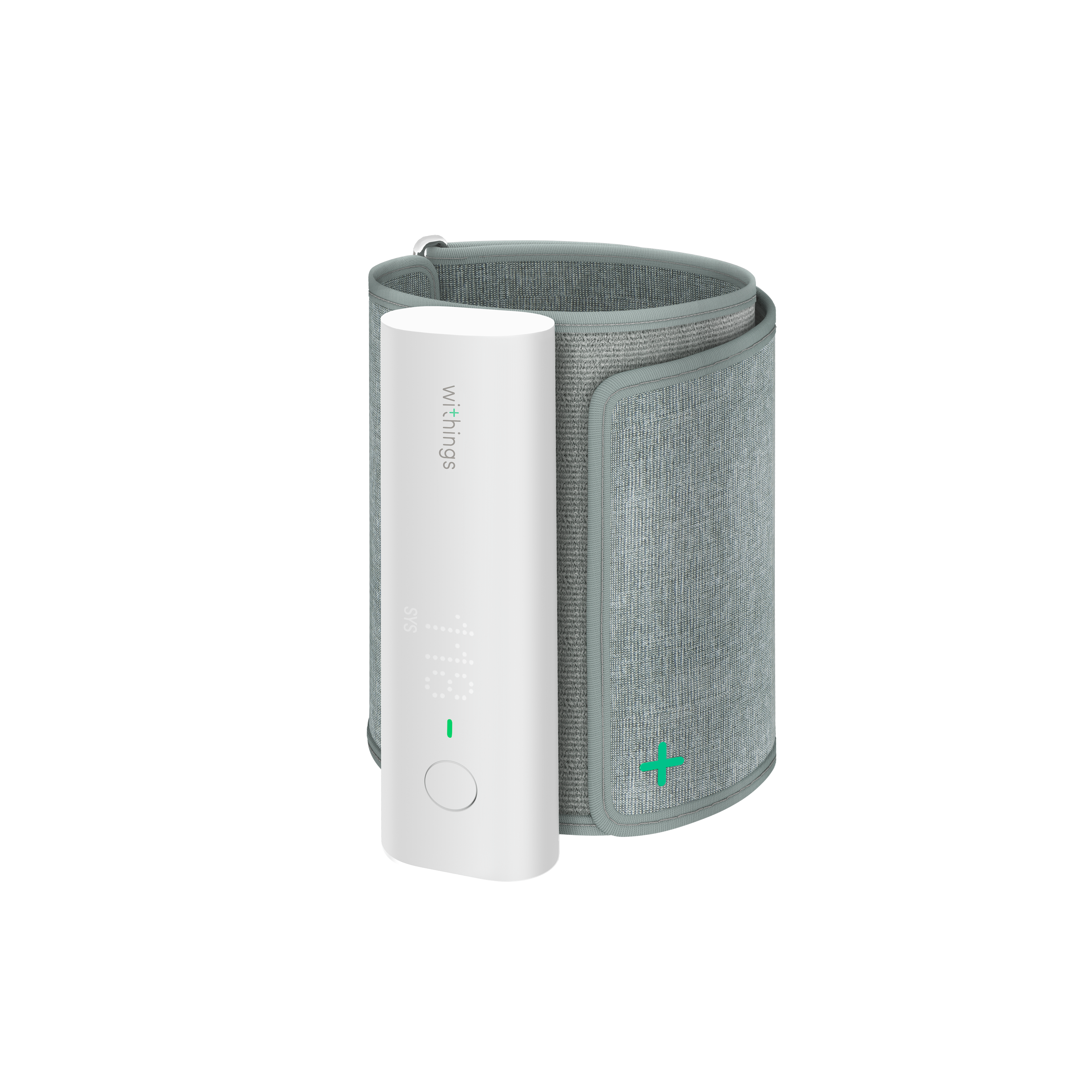
Nothing gets the heart beating like the fear of health numbers. Learn more about how the very real terror many folks have of blood pressure monitoring can have very real consequences on long-term health.
Getting to know oneself can be scary even with existential crises pushed to the side. “Am I a good person?” “What am I doing with my life?” and “Am I actually good at the guitar?” are all terrifying questions of self realization that have haunted philosophers and kings alike for centuries. But a question even more revealing hangs low in the air for many: “How are my blood pressure readings?”
Health numbers can be scary, and that’s one reason why people sometimes avoid taking their blood pressure. In fact, blood pressure measurements can be so unnerving that there are entire studies based around people’s reactions to them.
For example, some people experience higher blood pressure readings at the doctor’s office due to white coat effect, or the anxiety produced by having readings taken and seen by a medical professional. These sessions can produce measurements that are not representative of someone’s overall blood pressure, and one in five people experience white coat hypertension.
When does blood pressure fear become a phobia?
Fear is common, but it can cross a line over to phobia. According to Harvard Health, a phobia is “a persistent, excessive, unrealistic fear of an object, person, animal, activity or situation” that can cause a person to avoid the thing or endure it with great distress. So what happens when nervousness and anxiety result in an actual phobia of taking blood pressure? A 2015 qualitative study of 125 individuals expressing blood pressure measurement avoidance showed that a significant portion of the participants had a phobia towards blood pressure monitors that not only led to delaying medical treatment for documented health issues but also resulted in a pause of occupational, academic, and family planning.
Thankfully a strong majority of people do not suffer from a blood pressure phobia, but remember that statistic about one in five patients experiencing the white coat hypertension? Well, here’s some scary news. A meta-analysis of 27 studies involving more than 64,000 participants from around the world found that people who suffered from white coat hypertension had a 36% increased risk of heart-related incidents, including heart attack and stroke, compared to patients who experienced regular blood pressure at the doctor’s office and at home.
Why? One theory is that if something as innocuous as a doctor’s office can cause your blood pressure to rise, what happens in more stressful situations at work, home, or the highway?
That sounds pretty scary, but beyond taking any medications your doctor prescribes, there are several moves you can take right now to make sure your blood pressure doesn’t come back to haunt you later. First, for more accurate measurements, try taking your blood pressure by following the Rule of 3. Then, other daily behaviors such as healthy eating and exercising are much less scary ways of managing your blood pressure as well. While you’re at it, throw in some meditation and intentional relaxation so that you can treat, not trick, your fear of blood pressure management.



